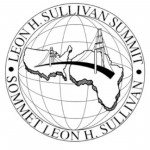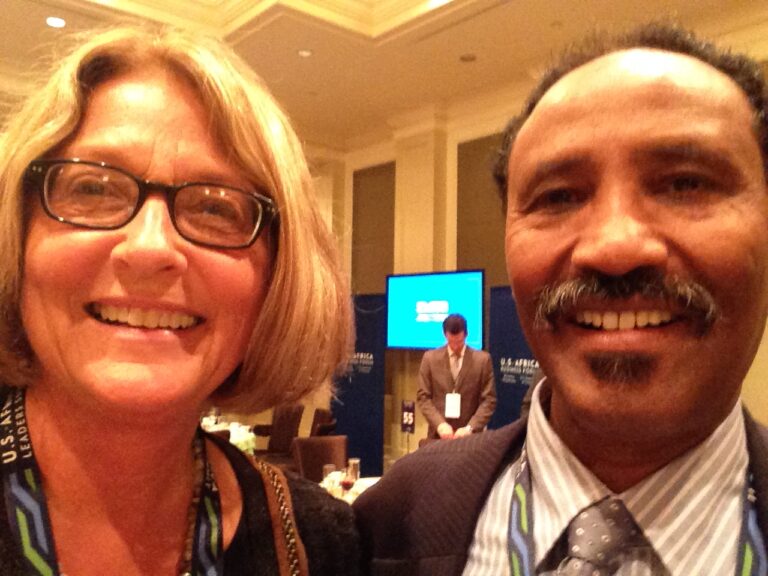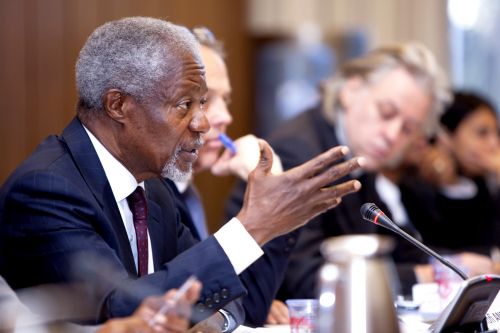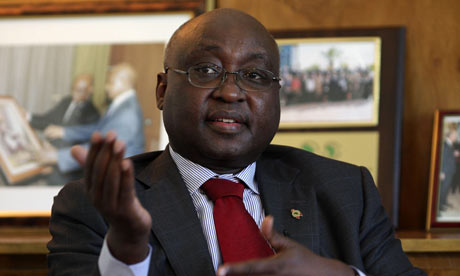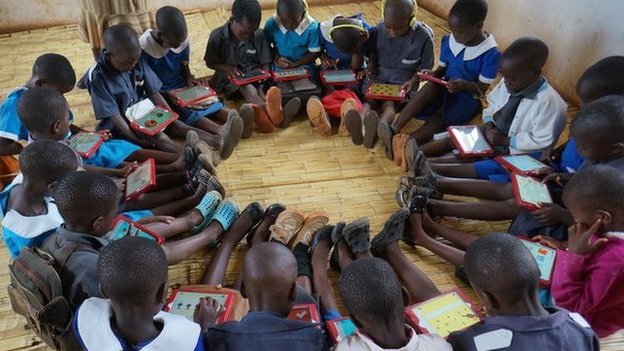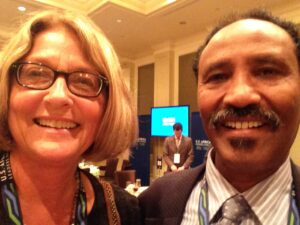The rebirth of Volkswagen in Nigeria
August 05, 2012 By Mohammed Shosanya* Given the billions of naira spent annually on importation of automobiles in Nigeria, there is no gainsaying that building or resuscitation of the nation’s assembly plants will go a long way in cutting this huge amount. Nigeria is said to be losing at least N550billion annually due to its inability to assemble or manufacture vehicles in the country while a total of 80,000 new and 200,000 used vehicles valued at over N400 billion are imported into the country annually As part of its backward integration policy, the federal government through the National Automative Council introduced measures towards bringing back the dead auto plants into life. Most auto-freaks could recall how the Volkwagen of this world dazzled with products assembled in-country. This soon disappeared into the oblivion, but it is now back and new life has been breathed into the company, which has also changed its name following its acquisition by the Stallion Group. Our recent visit to the plant of Volkswagen Nigeria Limited, located in Lagos-Badagry Expressway is somewhat an exhibition of the rebirth of one of the nation’s auto giants which fell into slumber due to the collapse of the sector. The environment was busy with heavy human and vehicular movement around the wide expanse of land that houses the plant signifying that business is ongoing there. There were over 30 new Ashok buses that lined the parking bay of the plant. These buses are being manufactured there and probably awaiting discharge to customers. This was a far cry from the ‘abandoned’ status of the plant over the last two decades. Perhaps the new lease of life infused into the auto giant came to the fore when the Federal government privatized it few years ago which metamorphosed to VON Automobiles Limited The company is now largely owned by the Stallion Group controlling 78 per cent shares; Barbados, 17 per cent and Lagos State Government has three per cent through Ibile Holdings. The acquisition of controlling interest in VON Automobiles is in furtherance of Stallion Group’s corporate vision to create value segments in the local automotive industry, where we have played significant role The new owners have invested N1bn in infrastructural development at the factory in Lagos. Managing Director of the company, Tokunboh Aromolaran said that the local auto assembly plant had the capacity to churn out 15,000 pickups and light trucks on annual basis. How the new phase of VON started: The retooling of the first phase of the moribund Volkswagen plant started in May/June 2011. Five months later, the plant had rolled out the first locally assembled AshokLeyland commuter bus. According to Aromolaran, in the first phase, the company is producing city buses of the Ashok Leyland brand. “Three models are in production, the Falcon, a 42-seater, 100 capacity city bus that has been tried and tested on Lagos roads as part of the BRT bus project and The Hawk, a 31-seater 85 capacity bus attracting attention of bus operators on narrow Lagos roads, and The Eagle, a 28-seater bus, popular among institutions and corporate bodies. The company has put up a versatile assembly plant with a current capacity of 2,000 buses per annum, expandable with minimal effort. Assessment of phase one: Mr Aromalaran said that the first phase of the plant is in full swing, refurbished and installed with new production machines for efficient operation According to him, the phase one of the project enabled the firm to contribute (local supply) to the federal mass transit scheme recently introduced as part of palliative measures for the partial removal of fuel subsidy He said the buses were indeed highly sought- after by transport operators during the bus procurement exercise embarked upon by the federal government in its effort to cushion the impact of partial removal of petroleum subsidy. This, he said, was a testimony to the ruggedness and functionality of the vehicles and its compatibility with our road conditions. “It has proven to be the most successful of the models employed in the successful BRT Mass Transit Scheme introduced by the Lagos State government and continues to be in high demand by other states desirous of introducing a bus transit service’’. A senior official of the company told our correspondent that at least four buses were assembled daily since the phase one of the project commenced last November. Projection on phase two: The company said the phase two of the project billed to kick off in December, this year, will entail the production of commercial trucks and pick-up vans in an ultra-modern plant with an annual capacity of 15,000 vehicles. Items expected for production in the second phase, will include the Volkswagen, Hyundai and Foton brands of commercial vehicles According to Aromolaran, the company has further made a projection of over N20 billion, provided the economic landscape enhances industrial sector growth. He disclosed that the third phase of the whole project would involve the production of passenger vehicles, stressing that this and the second phase would be more technically driven and challenging. The firm, he said, had employed over 200 people since it resumed vehicle production last year. He said the company is taking serious pains to increase local value and has plans to increase the production of locally sourced components year on year, reaching over 50 per cent local value added by the third year of production. Potentials of Nigeria’s auto market: The National Automative Council said the industry has capacity to produce over 108,000 cars, 56,000 commercial vehicles, 300,000 trucks and trailers, 6000 tractors, 1.2 million motorcycles and one million bicycles annually. It also said there are over 50 auto component manufacturers some of which are original equipment manufacturers and others supply the after sales market. Investment Opportunities: The Council says opportunities abound in low cost utility vehicle to serve the rural dwellers, manufacture of auto components and spares, manufacture of tricycles, motorcycles and bicycles, especially as government target 50percent and 100percent local content for them are yet to be met. Incentives: These includes import duty of 2.5percent for CKD for vehicle assembly while that of fully built up units is 30percent. Others are industrial establishment that have implant training facilities enjoy a 2percent tax concession for a period of 5years; 20 percent of investments in infrastructure, 5 percent capital depreciation allowance above the initial allowance. Can VON wither the storm of Nigeria?: Observers say the new owners of the auto-company would make great impact in the sector given the huge investments they have pumped into the plant as well as its plan to take the revolution in the company beyond the shores of Nigeria. It is crystal clear that insufficient power supply and skyrocketing cost of energy is one of the constraints of auto plants in the country. For instance, it is estimated that manufacturers in the country spend N63billion annually on diesel to power their plants due to inadequate power supply. Speaking, Mr Duncan of CFAO Automative Nigeria was of the opinion that setting up auto assemblies requires a lot of investment in physical assets and human resources. “And unless these assemblies are assured some levels of protection or application of law enforcement which provides them that security, they would not come to Nigeria.” Director, Nigeria Auto Manufacturers Association, Arthur Madueke, said some African countries such as Kenya, Tunisia, Egypt, among others had to increase duty differentials between Fully Built Ups (FBUs) and Completely Knocked Downs (CKDs) as part of strategies to ensure viable local manufacturing. He suggested a duty differential of between 30 to 50 per cent in Nigeria as possible start to enable local production of automobiles in the country. He said the number of component companies in the country has reduced from about 150 to 50. Mr Adewale Sunday, an auto analyst advised government to consider bailout fund for the sector and also ensures that players in the industry have access to low interest finance and tariff protection. *Source www.sundaytrust.com.ng





